Homework Help and Tips for Success
Most parents can relate to the frustration of trying to provide homework help for our kids. We learned math differently than they do now, we forgot almost every grammar rule we every learned, and our science knowledge might extend only to the topics included in a Magic School Bus episode. Never fear…I’ve got you covered with this list of homework help resources for parents.
(Disclosure: As an Amazon Associate I earn from qualifying purchases. This means that if you click a link and make a purchase, I may receive a small commission at no additional cost to you. I only recommend products I use and love or would love to use! For full disclosure details, click here.)
Set Up for Success
Before we dive into the list of homework help resources, let’s go over some ways to set your child up for homework success. We need to talk about the (boring) basics: sleep, nutrition, and exercise. Then we’ll discuss ways to improve learning through environmental factors, study skills, and self-awareness.
If your child is struggling overall, at least give thought to whether change in some of these areas, like sleep patterns, exercise, or learning tools could help them succeed.
Finally, we’ll move on to the specific homework help resources that can help you help your child understand and complete their assigned work.
Mind & Body Health
Let’s start with the stuff we know we should do, but we tend to let slide when we get busy or distracted. I’m talking about the big three: sleep, nutrition, and exercise.
Sleep
Make sure your child is getting quality sleep. According to sleepfoundation.org, here are the recommendations for your kids based on their age.

Good sleep results in better attention, sharper focus, improved memory capability, and an overall improvement in physical and emotional health. Make it a priority for your kids to get to bed early enough that they are well-rested by the time they need to start their day.
Nutrition
This is back to basics stuff, but it’s worth reminding ourselves. Your kids need to drink water. They need healthy grains, fruit, vegetables, and protein. Less processed snack foods and much less sugar. I know I struggle with this too. The companies producing the stuff our kids love know what they’re doing, and it’s easy to stock food items in our pantry that are shelf stable and quick to grab-and-go.
I am consciously reminding myself that my choices now will affect my kids’ health for decades. When I see a label loaded with ingredients I can’t pronounce, I intuitively know that it can’t possibly be a good thing to put in our bodies.
Good nutrition benefits our kids’ bodies and brains. Here are my easy to implement suggestions for reducing the junk and increasing the nutrition.
Quick Tips for Improved Nutrition
- Keep water bottles out and filled.
Have your kids keep a water bottle handy and don’t buy soda. Let them add a little lemon or fruit if they like that, and make sure they see you drinking lots of water. - Keep a prepared veggie plate in the fridge.
Wash and cut veggies when you buy them, and make a cut veggie platter to keep in the fridge for snacking. Add some hummus or dip if they want, but make it easy to snack on fresh vegetables. My kids discovered they love jicama and raw zucchini sticks. - Let your kids choose some new healthy foods to try.
I sometimes get in the habit of buying my favorites, without intending to deprive my kids of the opportunity to find their own favorites. Next time they see something unusual in the produce department, look up a recipe and try it!
Get this printable “Eat the Alphabet” list from my shop and challenge your kids to try 100 healthy foods (mostly vegetables). You can even personalize it for your child!
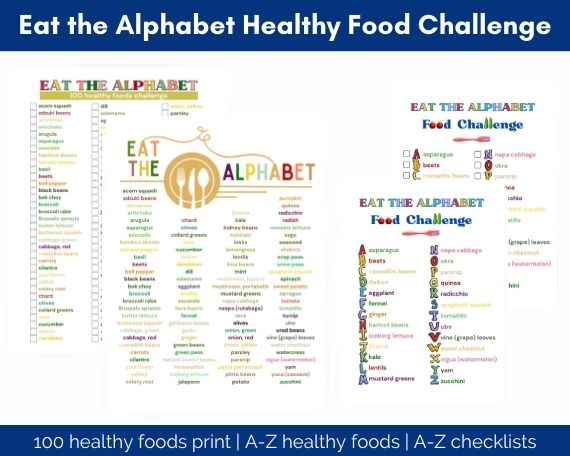
Exercise
Your kids need to MOVE! With all the distance learning happening this year, it’s likely that kids will be even more sedentary than in the traditional school setting where they are moving around the classroom, heading out to recess, or switching from class to class in the older grades.
Make sure your kids get daily physical activity. If they were participating in classes or sports that aren’t happening right now, help them research and plan a workout schedule or specific exercises that can benefit them. Go for a walk together, ride bikes, set up challenge courses, do yoga or Pilates or a dance cardio workout on YouTube. Exercise with them and get active!
Now that they are set up for success with good sleep habits, nutrition, and exercise, they are ready to learn!
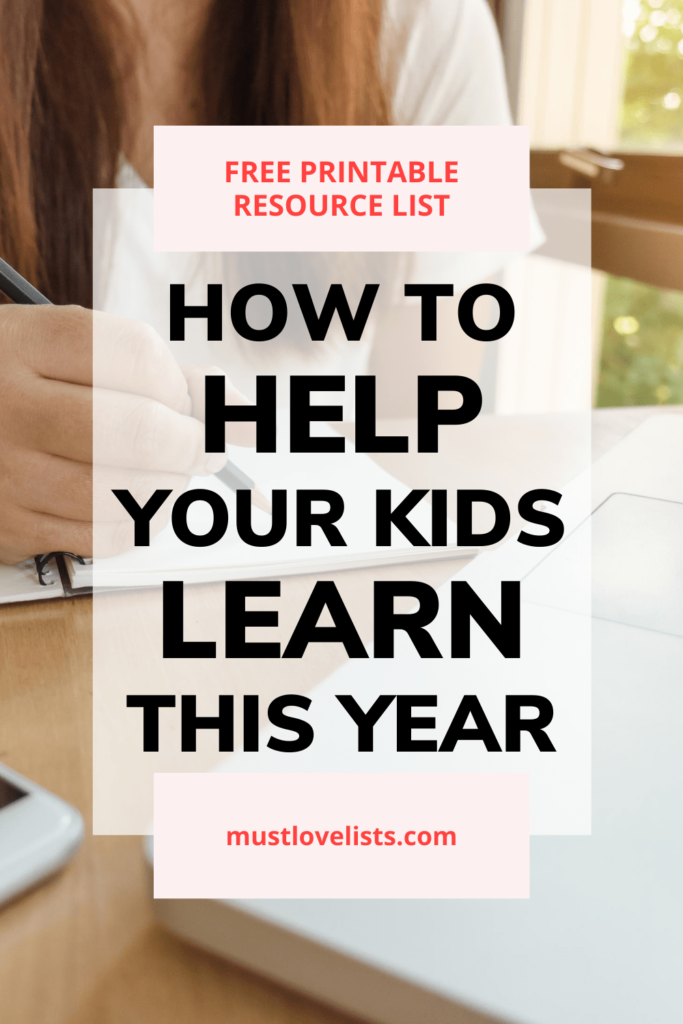
Best Practices for Learning
As parents, we sometimes believe that our children are more like us than they really are. Your child may not learn in the same way that you do. Here are a few things that can help your child learn more effectively.
Organization
Even if you (or they) are not an “organized” person, you need some level of organization to learn and process information and complete homework assignments. As much as possible, include your child in the decision making process. If it is reasonable to accommodate their request to do homework in a specific area, let them try it with the understanding that if it doesn’t work, they will not be permitted to continue.
Quick Tips for Homework Organization
- Scheduled time
This does not have to be the same time every day if your schedule contains multiple evening activities. But your child should know what time they have available to do homework, and it should be somewhat regular. Some kids work well with a specific time. Others might bristle at the set time, but do well with “right after dinner.” - Specific area
What works for one child may less productive for another. If you have a child who can complete homework on the back porch better than at the kitchen table, let them do that. Some kids need quiet, some prefer background noise, some want to be in a comfy chair with a lap desk, others need a traditional desk option. Consistency is key. Allowing them the privilege of deciding where they do homework is predicated on their ability to produce positive outcomes—completed work in a reasonable amount of time. - Proper tools
Depending on the age/grade of your child, they will need access to a variety of physical tools and resources. Grade school children often use crayons and glue sticks, which give way to rulers and highlighters as they progress through middle school. Have supplies stored near their homework area, or easily accessible and always put back in the same place. This will mean much fewer interruptions to search for an eraser or headphones or paper. Each interruption may add 5-10 extra minutes to get back into “study mode.”
Study Skills
You may suspect that your child has a learning style completely different than yours. Read more at learningstylesonline.com for an overview of learning styles. Regardless of how they learn, your child must find a way to process information in a way that makes sense to them. They must then be able to answer questions about that information.
Finding out how they learn best can provide helpful insight into ways to deliver the information to them, but your child will also need to discover ways that work for them to retain that information. Here are some tried-and-true ideas for studying and retaining information.
Quick Tips for Study Skills
- Note-taking
For many people, the act of physically writing something down has the effect of cementing it in memory much more solidly than simply reading or listening to material. Have them get creative with color-coding, picking out key words, or paraphrasing material in their own words. - Highlighting
This method of emphasizing important material seems to work best when used in conjunction with another method of review. By highlighting key words, concepts, and questions on a first read, subsequent study can be compressed by reducing the volume of material to review. - Self-testing
From the research compiled in his book, “Learn Better,” Ulrich Boser determined that quizzing yourself is one of the most beneficial methods of studying. Have your child make themselves a set of flash cards or create a set of questions as they read through material.
Reflection has greater impact than more practice—stop and think!
Ulrich Boser
Self-Awareness
Encourage your child to think about what is working for them and what isn’t. Give credence to their preferences, while educating them about what decades of research into learning has discovered.
I’ll share a few examples of ways to engage with your child that may be helpful in determining what is working and what isn’t:
- Did you feel productive and alert when you did your homework at the kitchen table or did you feel distracted?
- Do you think there are specific, fixable factors affecting your ability to study effectively? Are you distracted because you are hungry? Is there noise bothering you that could be eliminated by wearing headphones? Do you habitually feel too hot or too cold? Is your focus disrupted by siblings playing nearby?
- What about if you test out two options to see which one works better for you. Try taking written notes on key words and ideas one week. Then, try highlighting key words and ideas the next week. Be honest and assess what you think helped you retain more information.
Alternatively, questions that focus on what they “like” best are not as helpful. Most kids would like to put forth the minimum effort and would like to watch TV or play a video game while they “practice” their spelling.
So, we’ve covered the basics of sleep, nutrition, and exercise. You’ve given thought to your kids’ learning styles, organizational habits, study skills, and self-awareness. They are set up for learning success, but stuck on a math problem or can’t remember all the parts of speech. Here is the list of of homework help resources that will help you help your child.
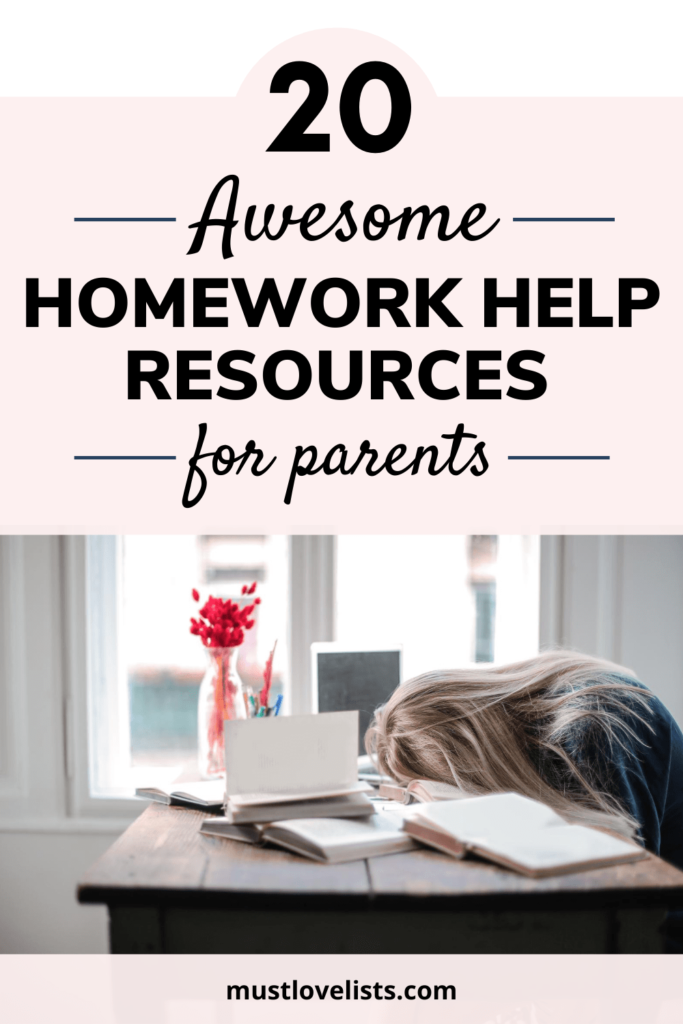
List of Homework Help Resources
At the end of the list you can get a free printable download of this resource list with clickable links for easy reference.
General Resources
- Scholastic’s Parent Primers: Explanations of all the grammar rules, spelling rules, and mathematical terms you learned in grade school and promptly forgot!
- Fact Monster: Facts, obviously, plus games, flashcards, and videos.
- CK12 Study Guides: Specific topic study guides for algebra, geometry, earth science, biology, and physics.
- Quizlet: Flashcards and games to quiz yourself in a variety of areas (languages, math, science, humanities)
- Study Island: Content to help students master state-specific grade level standards. (Free for one year right now due to COVID-19.)
- Twinkl: Thousands of downloadable resources for PreK through 5th grade.
- Softschools: Worksheets, quizzes, and games for PreK through high school organized by grade and topic.
- Learn Zillion: Instructional videos in math and language arts.
- ParentToolkit (from Today): Grade-by-grade guide to math and language arts standards.
- Infoplease: Geography, history, math, and science information and quizzes.
- Khan Academy: Huge array of resources for PreK through college in subjects ranging from math, language arts, history, economics, life skills, and test prep.
- YouTube: Don’t discount this valuable resource for learning. Search any specific topic or question your child is struggling with and find video instruction to help.
Language Arts Resources
- Guide to Grammar: Definitions, examples, and quizzes for every grammar question you have.
- Spark Notes: Study guides for literature (some available in other subjects as well)
Science & Math Resources
- Basic Math Explained: Explanation of math concepts and skills, plus glossary of math terms
- Math.com: Especially helpful are the links to Formulas & Tables and Glossary of Terms
- Virtual Nerd: Topical video instruction for 6th-8th grade math, geometry, and algebra.
- Ask Rose: Free online tutoring via email, chat, or call, plus topic specific math and science video instruction.
- Ask Dr. Math: No longer accepting questions, but the archives are filled with answers to questions you or your child may have. Also helpful are suggestions for a variety of ways to teach or learn a particular topic, such as multiplication tables.
- Hippo Campus: Educational resource videos for middle and high school math and science (some humanities resources also).
You can download and print this free list of homework help resources. The PDF file includes clickable links to all the resources listed for easy reference.
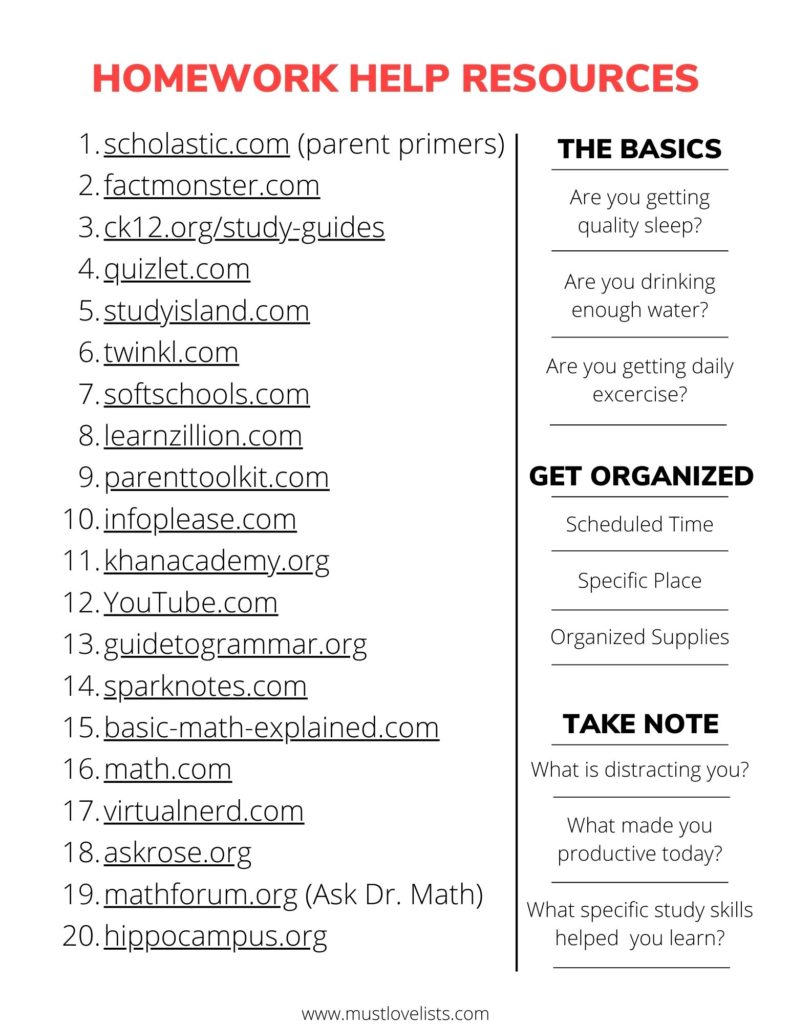
Get Curious
Parents, you may not love geometry or outlining an argumentative essay, but you can model a willingness to learn. If your child hears your complaints about dumb homework or stuff they will “never need to know in real life,” you can’t possibly expect them to be excited about learning. Have them watch an instructional video taught by someone else, or practice with an interactive game. Search out ways to help them develop a thirst for knowledge, a passion for learning, and an insatiable curiosity to dig deeper.
Visit my homeschool resources page for monthly unit study ideas, projects, and homeschool planning help!
Fun Learning Resources
This list of fun learning resources will keep your elementary school child learning (and entertained) for hours. It includes educational websites with video and games, podcasts for kids, and activity ideas to combat the dreaded, “I’m bored!”
If you have preschoolers at home too, grab my Preschool Letter of the Week Curriculum for a complete preschool learning plan. It’s available in my shop, and will save you hours of scouring the internet for resources and ideas!
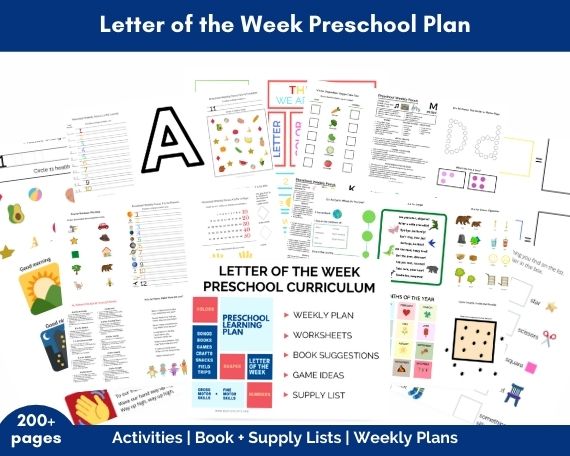

Join my mailing list to receive updates when new printable resources are added to the library, plus tips and encouragement for your organized homeschool journey.



You May Also Like…
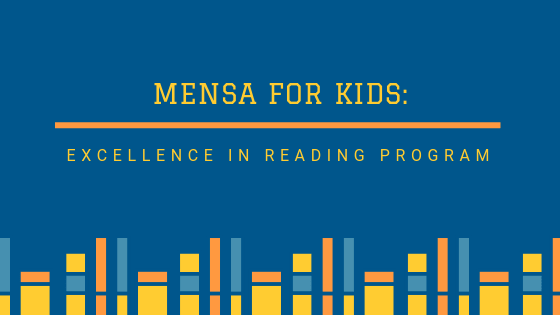

Challenge your kids to read through an amazing book list developed by the brainiacs at the Mensa Society.
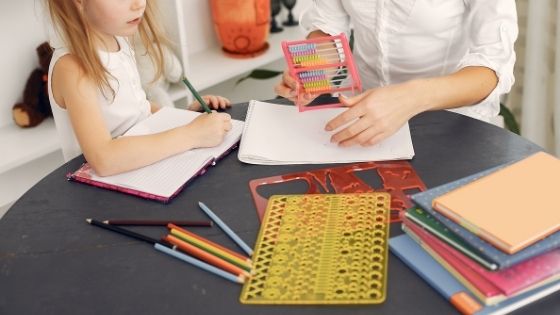

Organizational tools and supplies to plan and organize your learning environment.


Give your kids a boost of inspiration with monthly quotes from a famous historical figure + learning resources.

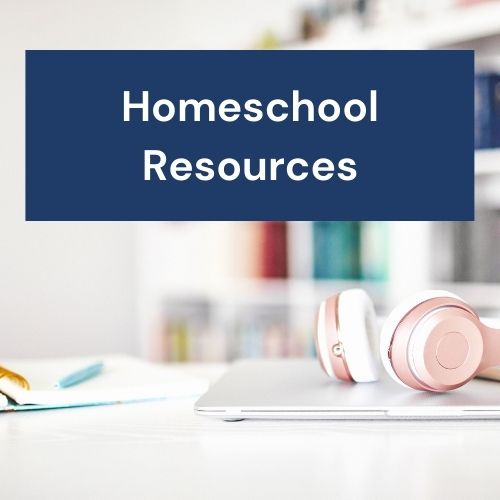
These are super helpful. Thanks for taking the time out to share this with us!
Great resources! Thank you so much for putting this together!